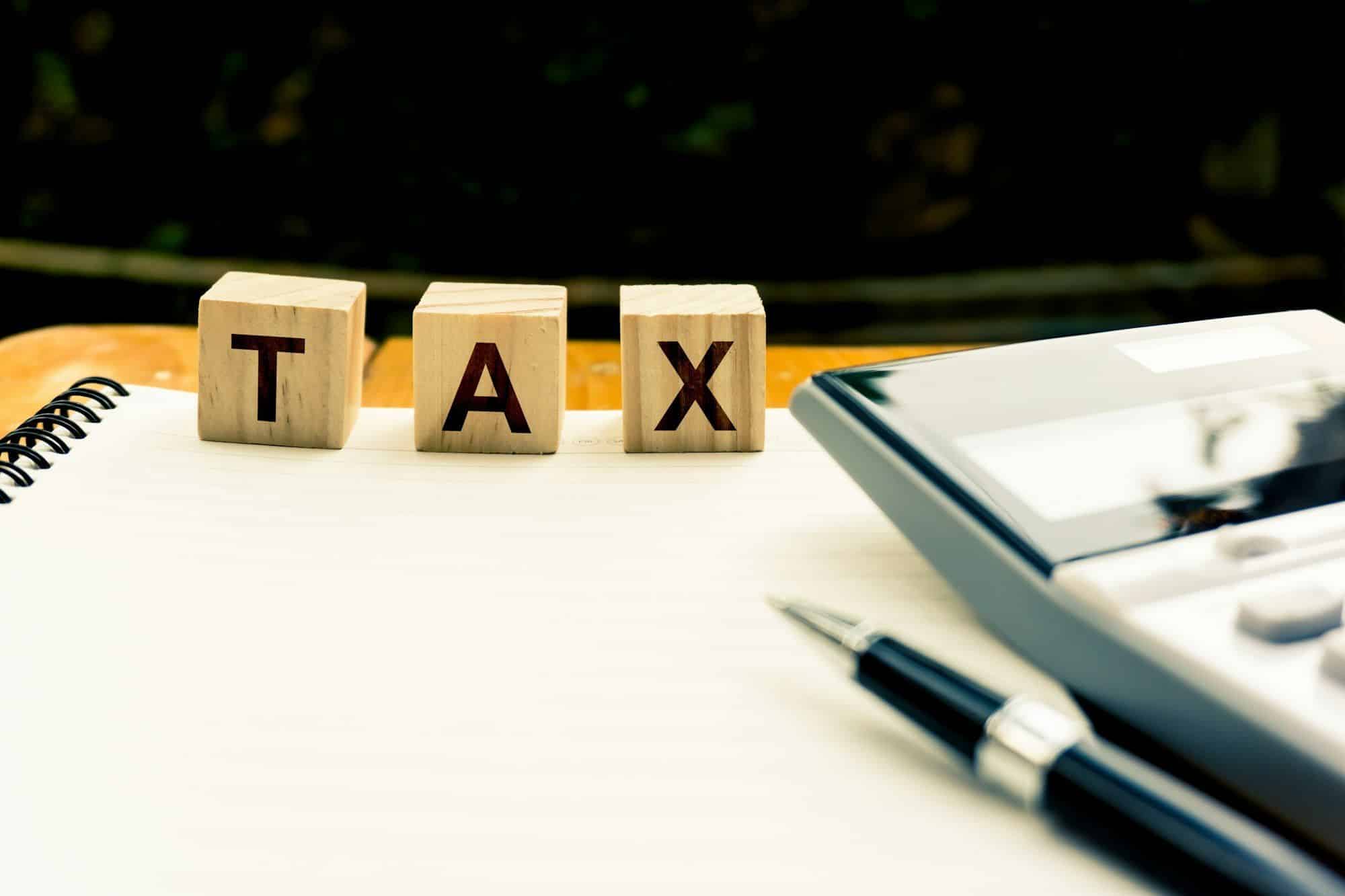Just bought a new car or planning to do so? Congratulations! Purchasing a new vehicle is an exciting step, but it’s crucial that you familiarise yourself with the UK car taxation system. Understanding how this works will save you a lot of surprises when it comes to the financial commitments tied to owning a vehicle.
The tax system for vehicles, also known as Vehicle Excise Duty (VED), is determined by the emissions produced by your car. As of April 2024, the government has implemented new tax rates to encourage the uptake of electric cars and reduce carbon emissions. This article will guide you through everything you need to understand about the car taxation system in the UK.
Also to see : How does the Ultra Low Emission Zone (ULEZ) affect drivers in London?
What Determines Your Car Tax Rate?
The tax rate for your vehicle is primarily determined by its CO2 emissions, the type of fuel it uses, and its first registered date. The DVLA sets the rates annually in April. This system rewards environmentally friendly vehicles with lower emission rates, while higher emission vehicles are subjected to higher tax rates.
Vehicles registered before 1st March 2001 are taxed based on engine size, while vehicles registered after this date are taxed based on fuel type and CO2 emissions. Also, cars registered after 1st April 2017 may have to pay an additional rate for the first five years if the list price is over £40,000.
Topic to read : Which fuel-efficient cars are best for urban driving in London?
The Importance of Insurance when Buying a Vehicle
Insurance is a key consideration when purchasing a vehicle. You need to have at least third-party insurance cover before you can legally drive your new car on the road. Insurance costs will vary based on several factors including the car model, your driving history, and where you live.
It’s important to ensure your vehicle is insured as soon as it’s registered. Driving uninsured is not only illegal, but it can also result in hefty fines and penalties, including a fixed £300 fine, six penalty points on your license, or even disqualification from driving.
How to Pay Your Vehicle Tax?
There are several ways to pay your vehicle tax. This can be done online, by phone, or at a Post Office that deals with vehicle tax. Online is the most convenient method. You need your V11 reminder letter or your vehicle’s log book (V5C) which must be in your name. If you do not have these documents, you may use a V62 form to request a new V5C.
The DVLA will send you a reminder when your vehicle tax is due. You can choose to pay for the whole year in one go, or set up direct debit payments for six or twelve months.
Electric Vehicles and the Car Tax System
Electric vehicles are exempt from paying the standard tax rates due to their zero-emissions status. However, if an electric car’s list price is more than £40,000 and it was registered after 1st April 2017, it will incur an additional rate for the first five years of its life. After this period, it will revert back to the standard rate, which is zero for electric cars.
This move from the government to incentivise the purchase of electric vehicles forms part of their strategy to reach net zero carbon emissions by 2050.
Changes in the Car Tax System in April 2024
As of April 2024, the government has introduced new rates for car tax. The tax rates are now higher for cars with higher CO2 emissions, while cars with lower CO2 emissions will see a reduction in their tax. This is part of the government’s ongoing efforts to encourage people to switch to more environmentally friendly vehicles.
Remember, the tax rate is not solely based on CO2 emissions, it’s also dependent on when the car was first registered. So, if you’re considering purchasing a vehicle, it’s important to look at the car’s fuel type, emissions, and first registered date to understand what your tax will be.
In this ever-changing landscape of vehicle taxation, staying updated on the latest changes in tax rates and regulations is critical. Armed with this knowledge, you can make more informed decisions when purchasing your next vehicle, ensuring that you’re not caught off guard by unexpected costs. Remember, the road to vehicle ownership doesn’t end at the dealership; it extends to understanding and fulfilling your tax obligations.
How to Handle Car Tax for Imported Vehicles?
When it comes to imported vehicles, the car tax process can be slightly different. Whether you’re bringing in a classic car from abroad or importing a brand new electric vehicle, it’s essential to understand how the imported vehicle fits into the UK car taxation system.
Firstly, you need to notify the HM Revenue and Customs (HMRC) within 14 days of the vehicle’s arrival in the UK. You will need to fill out a ‘Notification of Vehicle Arrivals’ (NOVA) form online. Once you’ve registered with HMRC, you’ll be able to register the vehicle with the DVLA.
The tax rates for imported vehicles are based on the same factors as vehicles registered in the UK. This includes CO2 emissions, the fuel type, and the date the car was first registered. However, if the car was registered overseas before being imported to the UK, the date of first overseas registration is considered.
For electric cars imported into the UK, they will fall under the standard rate exemption due to their zero-emissions status. However, as with domestic electric cars, those with a list price over £40,000, registered after 1st April 2017, will attract an additional rate for the first five years.
Understanding these nuances in the car tax system for imported vehicles will help ensure you’re compliant with the law and prepared for the associated costs.
Conclusion: Navigating the UK Car Taxation System with Ease
Understanding the UK car taxation system when buying a car, whether new, used, domestic or imported, is a key part of vehicle ownership. From the CO2 emissions of your car to the date it was first registered, these factors determine your car tax.
Purchasing a vehicle with low emissions not only helps contribute to a healthier environment but can also result in lower tax rates. As the UK government continues to encourage the uptake of electric cars with their zero emission status and tax incentives, more people are likely to move towards environmentally friendly vehicles.
Remember, it’s crucial to pay your vehicle tax on time. Whether you choose to pay in one go or through direct debit, staying up-to-date with your payments ensures you avoid any late payment penalties.
Finally, remember to insure your vehicle as soon as it’s registered. This not only complies with the law but also provides you with financial protection in case of any accidents.
By keeping abreast with the nuances of the UK car taxation system and staying updated with any changes to the tax rates and regulations, you can navigate the system with ease and enjoy the journey of owning your new vehicle.











